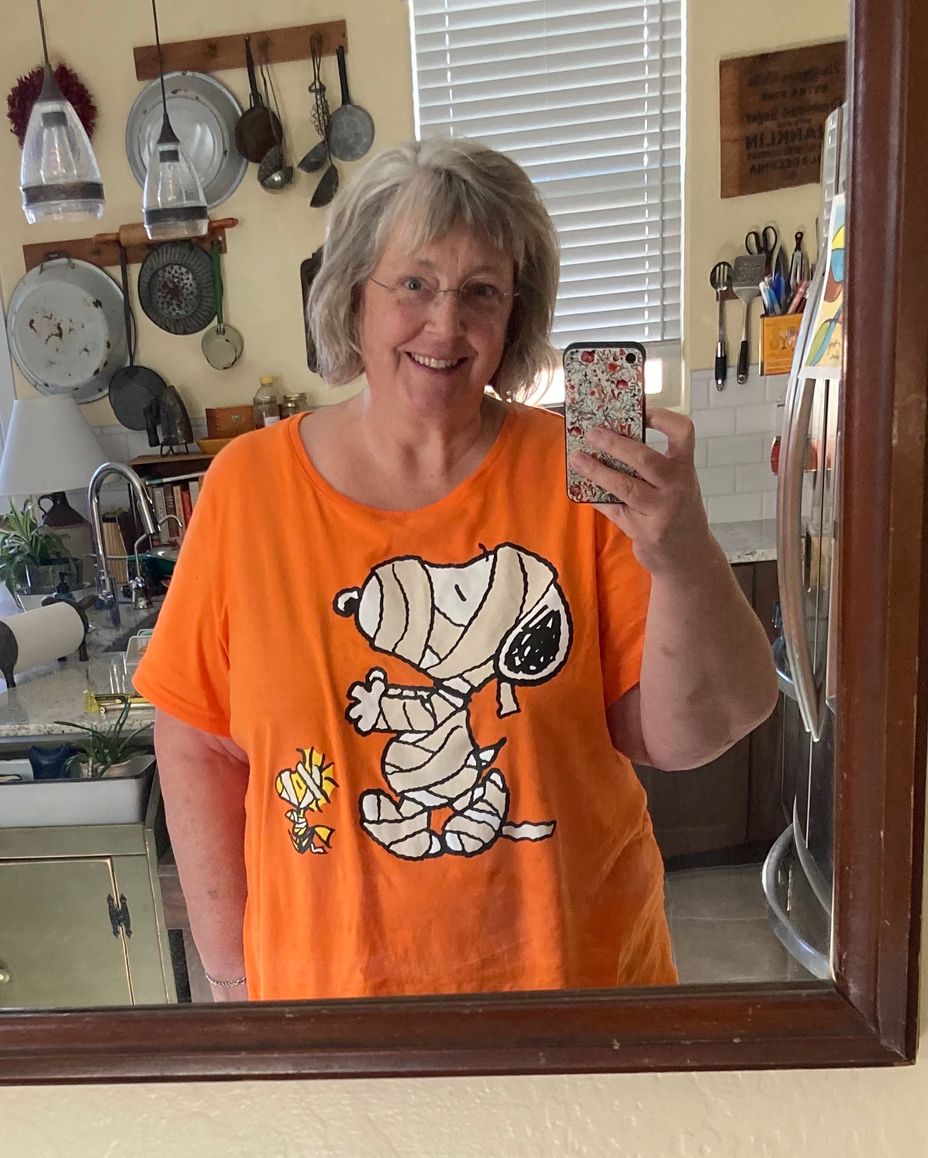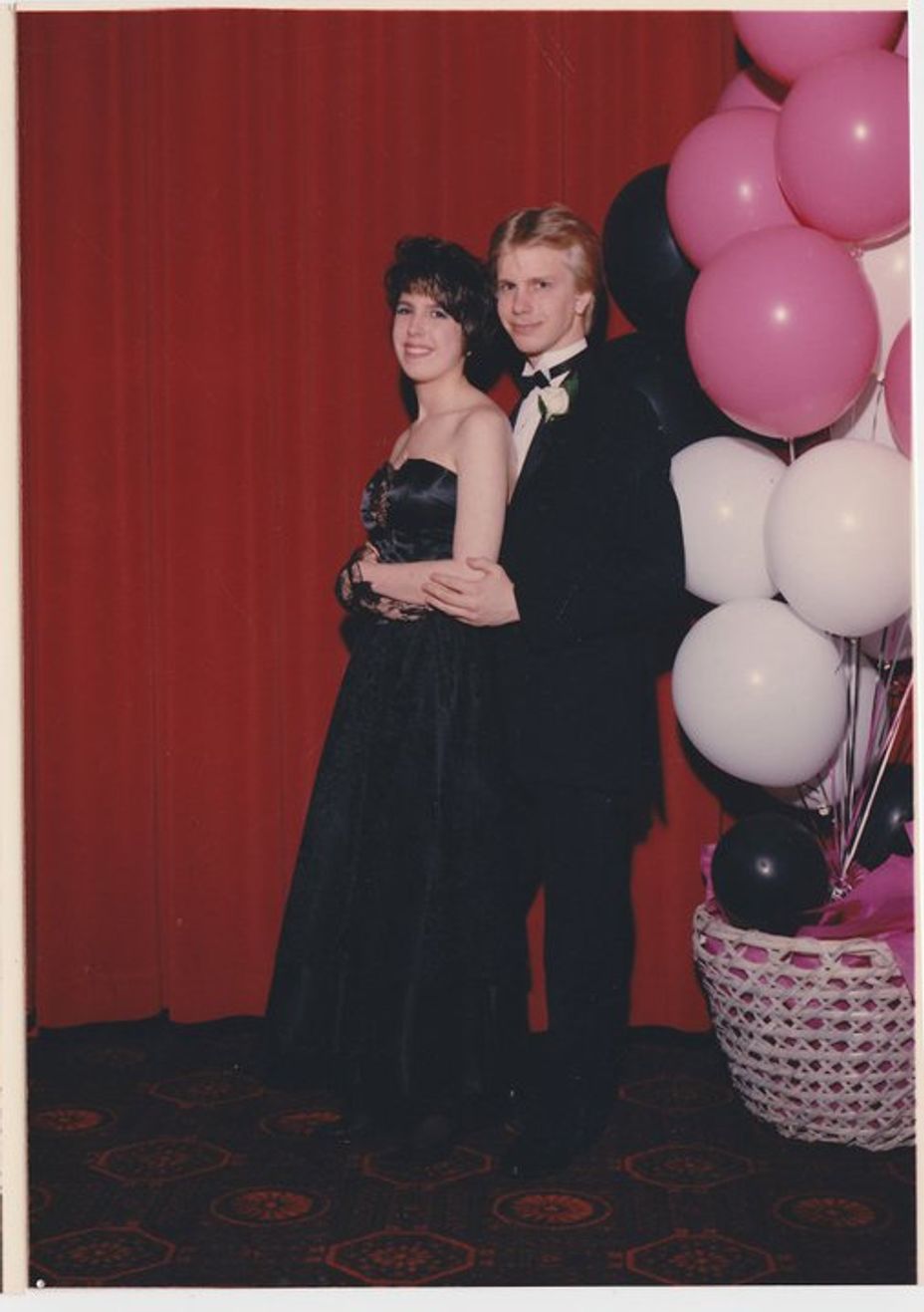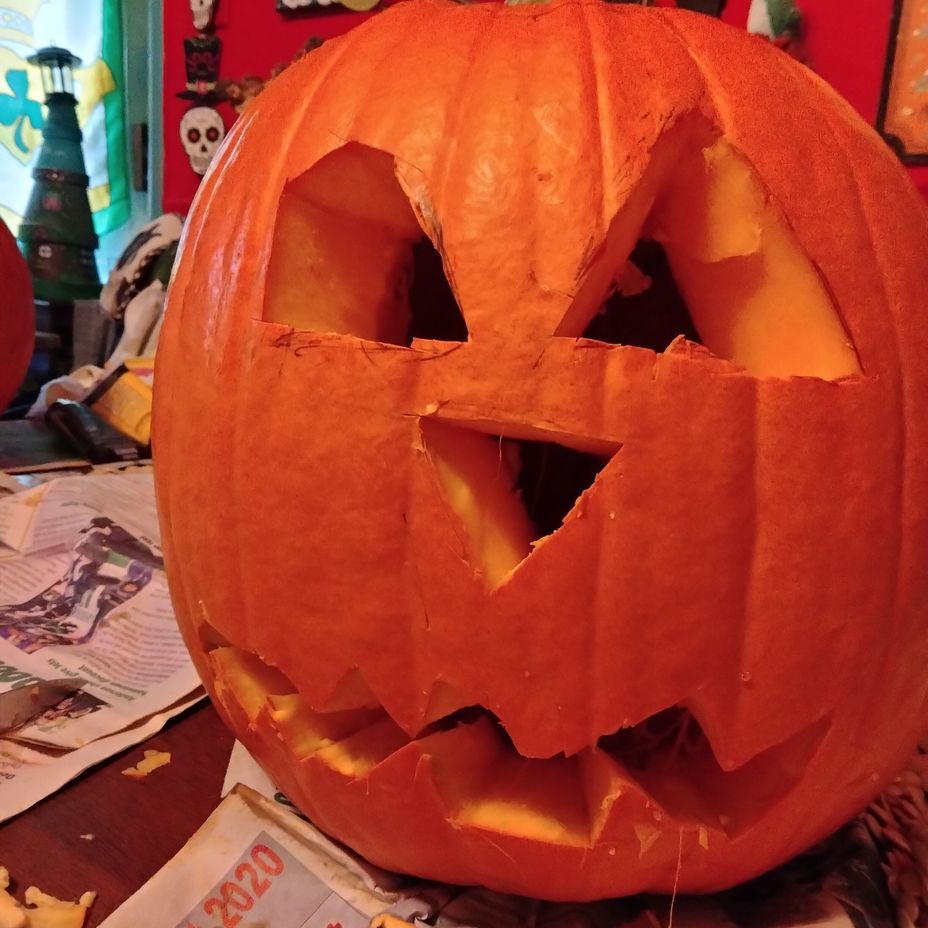The Relationship Between Nostalgia, Depression, and Grief
It's normal to go through moments of nostalgia. You may visit a place that reminds you of home, or merely find yourself wandering through a memory, perhaps brought on by a particular scent, environment, experience, or anything that brings the comfort or reminder of a precious time.
Frequent Nostalgic Feelings Is Common in Depression and Grief
Nostalgia on its own is common. It can bring about warm feelings and even some bittersweet feelings about the fondness of the memory and the awareness of time that's past -- the loss of a part of life that we can't truly have back the way it once was.
However, nostalgia can also become out of control and even all-consuming. In my practice, I work with people who struggle with depression, and also with people who struggle with Grass Is Greener Syndrome -- in the most basic terms, people who repeatedly start over in various areas of life (such as relationship, career, or where to live) looking for something better, and struggling with chronic disappointment. With both depression and grass is greener syndrome, it is common for people to become almost tortured by nostalgic memories.
Nostalgia in certain moments is a fond reminder. However, nostalgia as a frequent occurrence is often more a combination of deep yearning tied together with grief. You may wish and urge for times in your life that you can't return to anymore. It can sometimes be a wish to return to a certain place in life, or a specific event. All-consuming nostalgia is often a wish to go back in time, which is often a sign of grief and loss that is taking over.
Unprocessed Grief and Loss and Its Pull Away From the Present
When caught in the haze of depression, nostalgia often points to unprocessed grief and loss that is carried over time. There may be a constant pull to transport to a place that is away from the present. The happiness and fulfillment is always somewhere else, and it may become commonplace to look for gratification outside of the here and now.
One of the most difficult parts of unprocessed grief is that it has a way of showing up with a hint of fantasy. There is often a wish for euphoria, a certain feeling that everything will be good if you can just achieve that feeling. When nostalgia is associated with depression, it is often the fantasy of finding the place in life where everything was once good that people wish to return to. The desire can turn into a long-term search to find that place again -- to return to the memory of the simpler time.
Fantasy vs. Reality
However, it can also become confusing. The nostalgic memory can seem so perfect. Is it really a memory, or a fantasy? Or, maybe a bit of both? These deeply emotional memories and cravings can have a way of making the present seem unsatisfying because life doesn't tend to reach the desired emotional fulfillment level of these fantasies -- the memories plus the projected euphoric emotion onto it. These memories also have a way of only shining light on the good, and removing negative emotions from the point of recall. These memories are often not as pure as the nostalgic moments would have you believe. This is the mind's way of attempting to grieve, to shine a light on the pain of the loss so you can process it. But it can actually lead to confusion for many people -- instead of grieving, they end up chasing the fantasy, and end up in deeper depression and repeated grass is greener acting out while trying to achieve the fantasy.
Grief can show up in a variety of different ways for people, but when people carry losses with them, they can often start to crave unprocessed experiences. People often don't realize that they don't get to necessarily decide which losses in life stay with them. The losses choose you. Sometimes it's the loss of a happy childhood and certain experiences that stood out to you. Or, it's the loss of time with family, or the loss of time at school with friends, or having few responsibilities and just being a child. And so on. Nostalgia plays the reel of grief and loss to show you what losses have stuck with you.
Grieving, Moving Forward, and Finding Fulfillment in the Present
When I provide therapy for people who struggle with depression, I will commonly look at moments of nostalgia in our work. As losses and cravings accumulate with little realistic path to return to these moments, they can turn into complicated grief and become a form of depression. Life can start to become more about the fantasy than the reality, and it can be easy to start living with two eyes on the past, rather than an eye on the present and future. If you are aware of it, nostalgia can provide somewhat of a roadmap through depression and grief.






